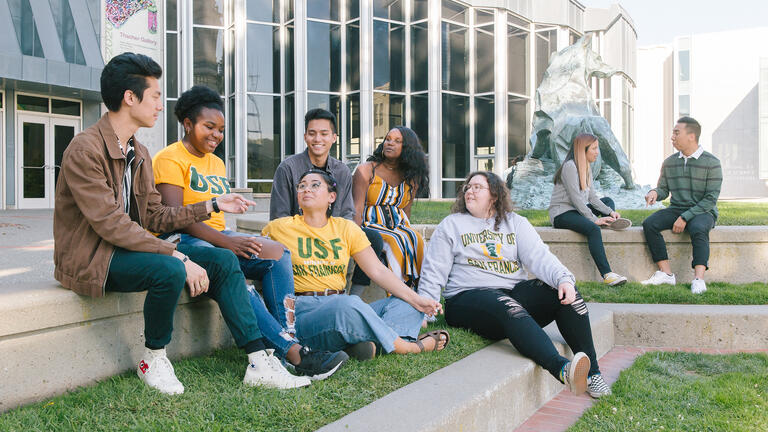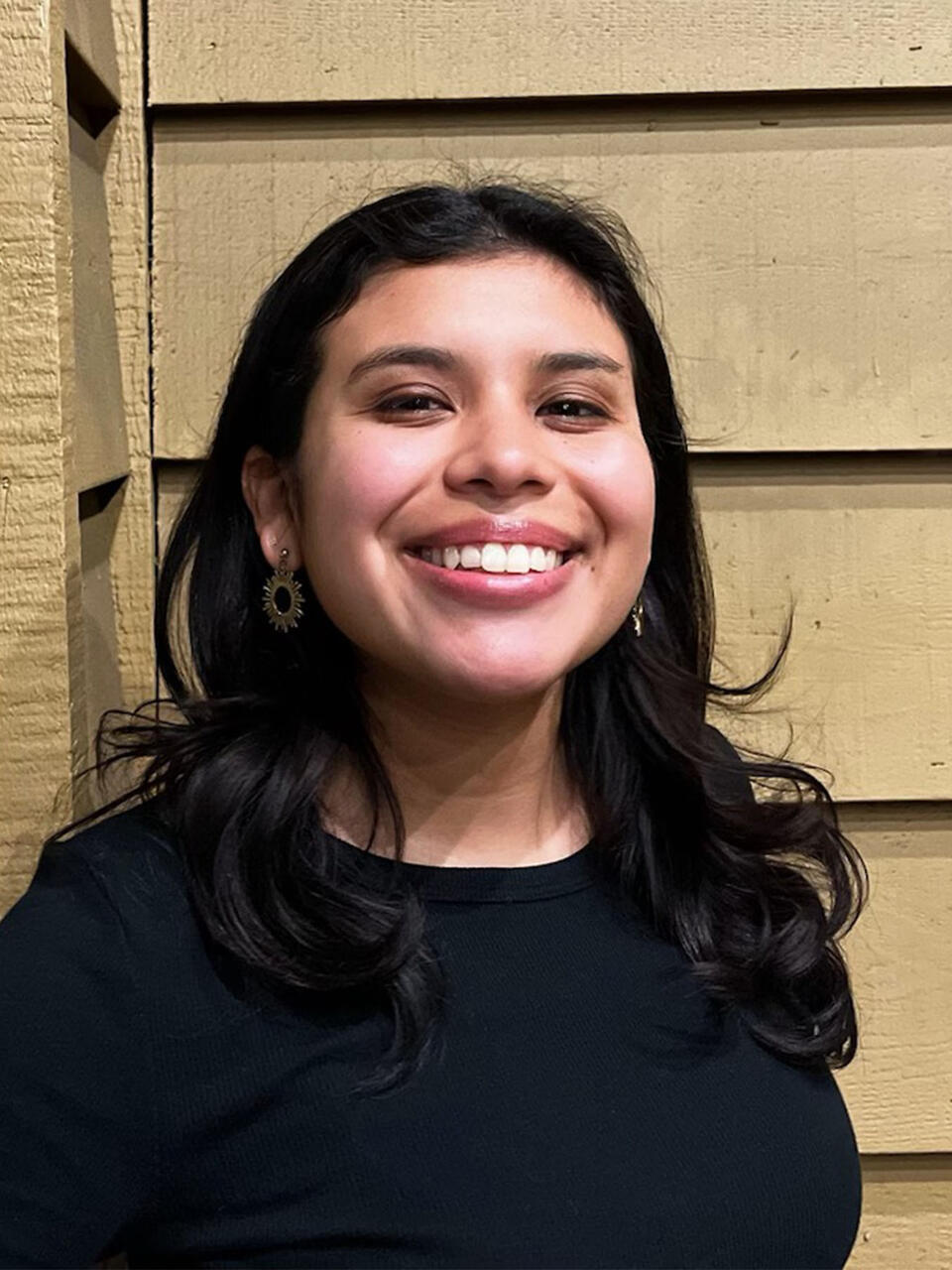
Sociology, BA
Understand social institutions and their impact on individuals. Explore how race, class, ethnicity, nationality, religion, gender identity, sexual orientation, age, income, and abilities create social structures and social inequalities. Roll up your sleeves and do real work in the real world — internships, community collaborations, research with faculty. Prepare to change the world tomorrow by serving the world today.
Prepare to Succeed
Concentrate on education, criminology, globalization, or diversity. Learn to write with power, speak with force, and pursue justice in education, criminology, politics, community development, nonprofits, law, or business. If you choose, you may graduate in three years by completing 16 credits for three consecutive fall and spring semesters, plus two summer terms.
Learn by Doing
Take tours in the Bay Area to gain new perspectives on social problems. One of the most popular is the criminology class’s tour of San Quentin State Prison, where you can speak with incarcerated people about life in prison — an experience that helps dispel stereotypes and humanize those behind bars. You may also intern with local nonprofits that serve immigrants, veterans, at-risk youth, seniors, the LGBTQ community, incarcerated individuals, and other populations in need.
Learn With Experts
Our faculty represent different nationalities, cultures, gender/sexual identities, and upbringings. They are committed to maintaining a diverse curriculum, exposing you to many different perspectives. They will lead you on community-engaged learning projects like teaching civics to middle and high school social studies students, working with legal aid nonprofits in San Francisco’s underserved communities, and/or recording the oral histories of individuals depicted in community murals.

Jaqueline Ornelas ’21
My degree taught me the intricacies of society, the systems that impact the individual, and how to be proactive about creating equity. These ideas play a vital role in my position now, as I empower families and help them navigate the child welfare system, the impact of trauma, and other mental health needs.”
Jaqueline Ornelas ’21
Connect with Us
Admission & Aid
Sociology, BA
Kalmanovitz Hall, 252
San Francisco, CA 94117-1080

